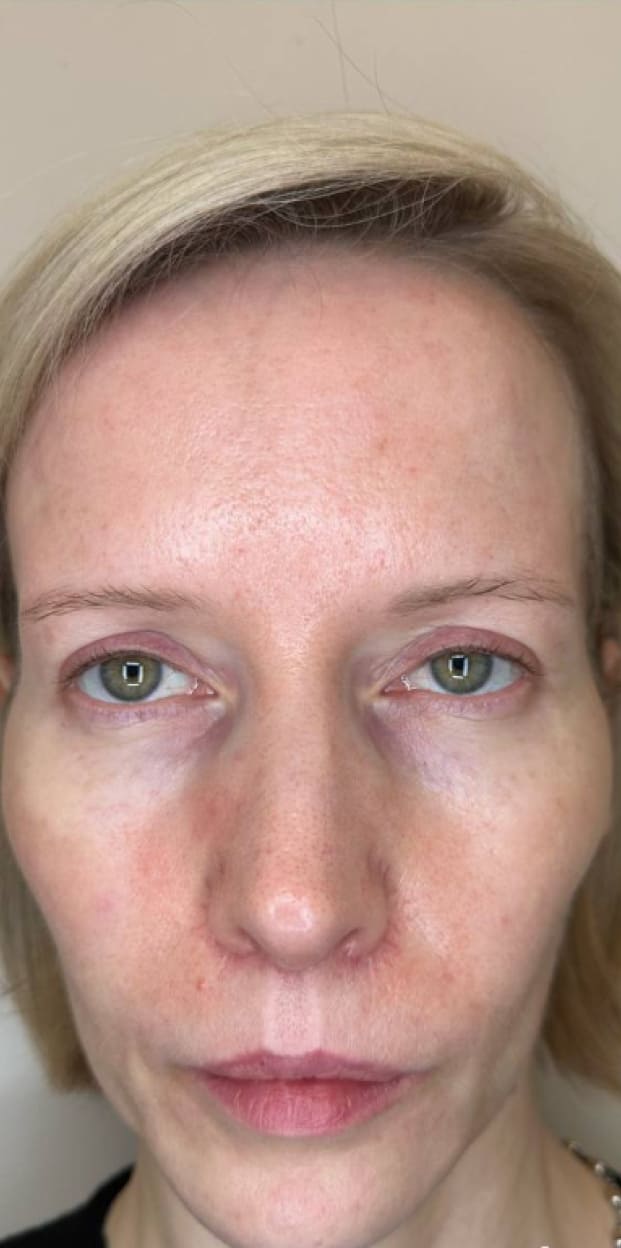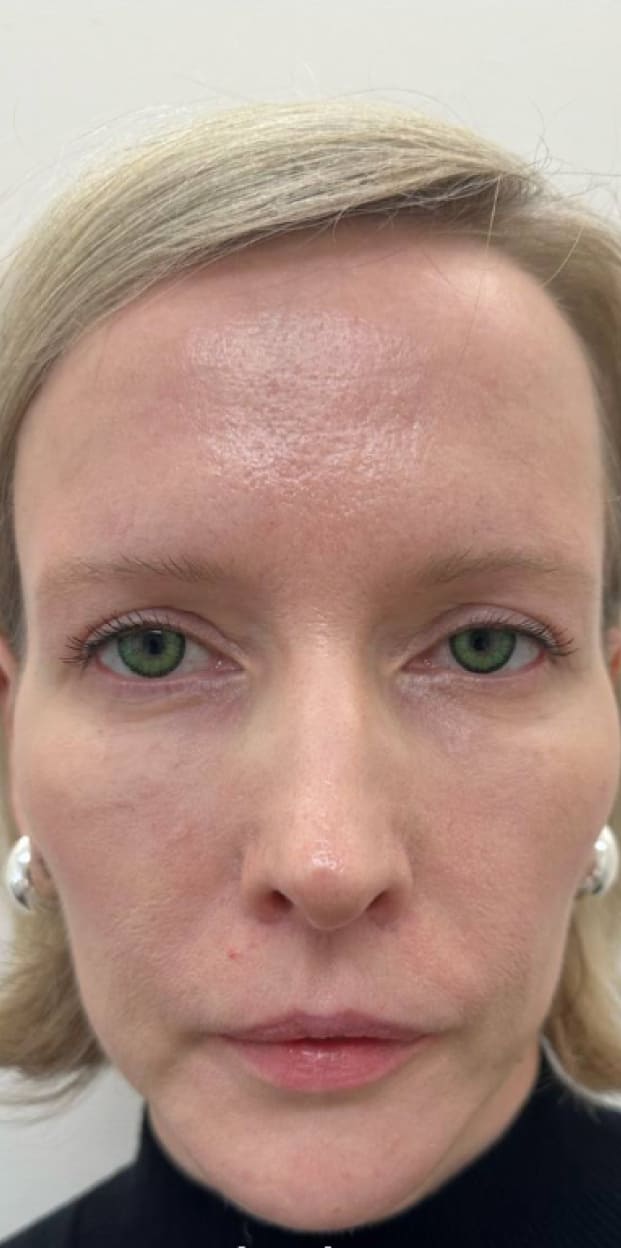Mentoplasty
What is it?
Chin surgery (mentoplasty) is a procedure aimed at changing the shape, size, or position of the chin to improve facial proportions.
Mentoplasty can be performed as a standalone procedure or in combination with other aesthetic surgeries, such as rhinoplasty or facelift.


What are the techniques for performing chin surgery?
What are the techniques for performing chin surgery?
Using implants made of silicone, polyethylene, or other biocompatible materials
Can be performed through an incision inside the oral cavity or under the chin, making scars invisible.
Removal or reshaping of excess bone tissue
Performed through an oral cavity incision or an external incision under the chin.
Removal of excess fat tissue to create more defined contours
Can be combined with skin tightening in the chin area.
The movable part of the chin bone is separated, moved to the desired position, and fixed with plates or pins
Used for more complex corrections (moving forward, backward, or sideways).
How to prepare for chin surgery?
Preoperative preparation involves consultation with a plastic surgeon to analyze facial proportions and develop an individual plan.
General blood tests, urine tests, blood clotting indicators, and other examinations (ECG, X-ray, CT, or 3D modeling) are performed if necessary.
It is recommended to refrain from smoking, alcohol, and certain medications (anticoagulants) 2–4 weeks before the procedure.
Are there any contraindications to chin surgery?
Contraindications can be absolute, when the procedure cannot be performed, and relative, when chin surgery is recommended to be postponed (e.g., pregnancy and lactation, short-term infectious diseases such as flu, SARS, etc.).
Infectious and systemic diseases
Blood clotting disorders
Exacerbation and decompensation of chronic diseases: diabetes mellitus, hypertension
Usually, general anesthesia or local anesthesia with sedation is used.
How is the chin surgery performed?
The incision site depends on the method: internal (through the oral cavity) or external (under the chin)
Augmentation: implant placement or transplantation of own tissues (cartilage or bone fragments)
Reduction: removal or reshaping of bone or fat tissue
Osteotomy: moving part of the bone to a new position.
Suturing or wound closure with special threads
If necessary, a drain is placed to remove excess fluid.
How is the recovery after chin surgery?
Possible swelling, bruising, mild discomfort in the operation area
Painkillers and antibiotics are prescribed to prevent infections.
Following a gentle diet (in the case of intraoral access)
Limiting physical activity.
Reduction of swelling, return to normal lifestyle
The final result is noticeable within 3–6 months.
Chin surgery significantly improves facial harmony, but to achieve the desired result, we recommend consulting our experienced and highly qualified surgeons.
Prices for Chin Surgery
Preoperative test package
3200 UAH
Endotracheal anesthesia (2 hours)
8000 UAH
Surgery cost
118000 UAH
Simple dressing
500 UAH
Contacts
On.teodor@gmail.com
Address
Lviv, Dekarta St. 6
